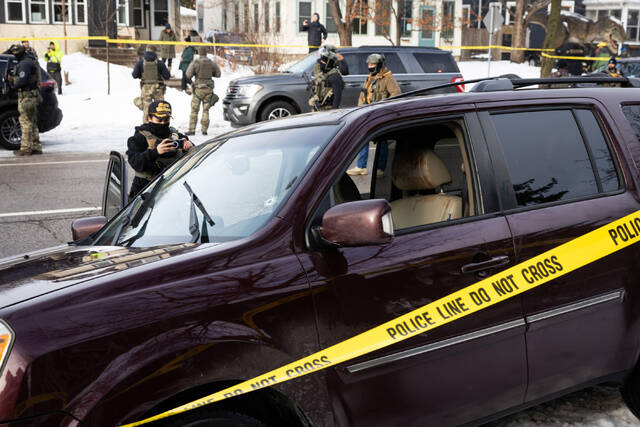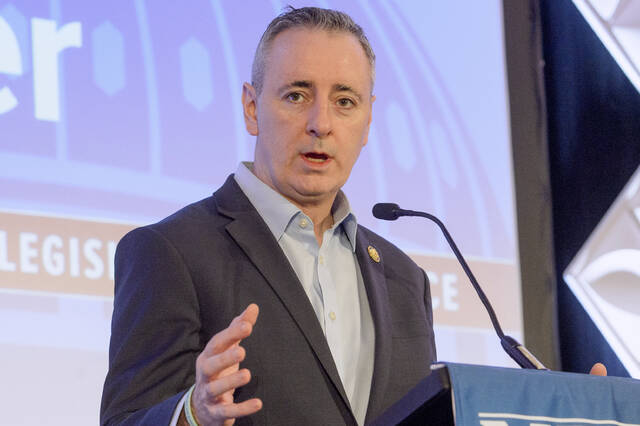It’s the kind question that has been around forever.
It’s the college coffeehouse brainstorming or the debate you have at the bar after a few drinks. It is the plot of movies and television shows and the books we read at the beach. It jump starts philosophy essays and thought experiments.
What would you do if (insert traumatic historical event here)?
If you had a time machine, would you go back to 1889 and smother a baby Adolf Hitler in his crib or go back even further to stop him from ever being born?
Would you let the M.S. St. Louis dock in the United States or send hundreds of Jewish refugees back to die in the Holocaust?
Imagine you are King George V of Great Britain. Do you offer your cousin Czar Nicholas a safe home when the Bolsheviks take Russia or let the Romanov royal family be murdered in a basement?
These are the questions that get attention — the ones that hinge on dramatic but improbable events and depend on science fiction or rare, specific power and access. The real questions, however, are about what kind of people we are.
History books might tell us that great events are shaped by great people, but that’s not always true. Everyday people throughout time have made decisions that saved or cost lives and steered the course of the stories being written.
The Europeans who hid Jews or reported them to the Nazis. The people who said they saw witches in Salem or the ones who refused. The people who kept slaves or didn’t or helped them to freedom through the Underground Railroad.
It’s an idea that weighs on me more and more as I watch the war in Ukraine, or see people rail against issues closer to home like books and race and equal treatment.
History, they say, is written by the victors. I don’t think that is true. At the very least, it’s not that simple. A simple look at the narrative of the U.S. Civil War in former Confederate states shows us that.
Instead, I think history is sketched in broad strokes by the hands of power, but those pictures are colored in by the survivors.
And those survivors are the everyday people who do the right thing or the wrong one. The ones who help their neighbor or watch him be dragged away. The ones who stand up to an invading soldier with a gun and give him sunflower seeds and bravely tell him that if he does not leave, his body will feed them and make them grow on the soil he tries to steal.
Every ordinary day is a chance to pick a side in a debate as old as time. It isn’t, do you choose Democrat or Republican, left or right, blue or red? It is which person you choose to be in the history books.
For me, I want to think not that I would hide the Jew, but that I would stand up as the Nazis came to power. Not that I would just stay silent when witches were named, but that I would refute the naming of witches at all. Not just that I would help slaves escape, but that I would work to end slavery.
The “would you kill Baby Hitler?” question is a philosophical fantasy, but what is important is not what we would do to stop tragedies in the past. It’s what we are willing to do to stop them today.








